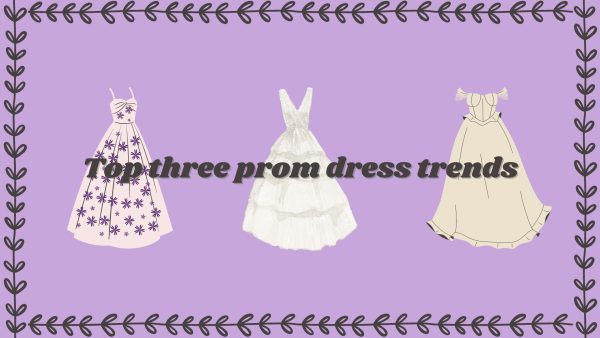Let’s get down to business to defeat the haters of a live-action Mulan
September 18, 2019
The popular songs “I’ll Make a Man Out of You”, “Reflection”, and “Honor to Us All” signify one of Disney’s most popular musical animations: Mulan. Released in 1998, this classic animated film details the story of the legendary Chinese warrior Hua Mulan. The movie presents a young daughter who impersonates a man to take her ill father’s place in the Chinese army to defeat the Han Dynasty. With the help of her friends, the courageous character that Mulan represents struggles to save China by outsmarting the Hans army.
Due to the movie’s popularity, Walt Disney decided to produce an upcoming live-action version of the film that will release in March 2020. Shortly after that announcement, news outlets confirmed that characters like Mushu the talking dragon or love interest Li Shang (or any of the songs originally sung in the 1998 version) would not end up in the film; as a result, fans of the animation conflicted over whether or not they would want to watch the new remake.
After the initial trailer for the remake debuted, viewers questioned the quality of its content, complaining that it completely differentiated from the original movie. Even though the 1998 version of Mulan was deemed fun and exciting to watch, the animation threw away the actual true story of the Chinese legend that it based itself on: the legend of Hua Mulan, told in China for generations, never included a talking dragon or talking cricket, nor did it contain any singing.
The remake will tell a much more realistic story than the cartoon, as it should. The 2020 movie will help represent the correct version of the story about Hua Mulan’s legend, instead of trying to align the plot with Western ideals. It will also contain a real symbol of the Chinese culture: a Phoenix—rather than a small dragon named after a Chinese dish of Moo Shu Pork. Instead of portraying the 1998 movie with norms that respect & represent Chinese culture, Disney took advantage of the plot to make it more family-friendly for Western audiences.
Excited fans of the upcoming film who once accused Walt Disney of Americanizing the story of Hua Mulan now offer the company another chance in correcting the mistakes of the original. For instance, Mulan only made $30,000 in China due to Disney Americanizing and mistelling their story, leaving the Chinese audience displeased with the content. False Asian stereotypes also make up several aspects of the movie including the whitening of the character’s skin and the use of the saying “honoring your family” multiple times in the film. However, in the upcoming live-action version, characters will portray no such false stereotypes nor incorrect use of cultural representation.
The misleading, sexist messages leads to another issue regarding the 1998 version of Mulan. For instance, the lyrics to the song I Will Make a Man Out of You express to listeners that parents prefer sons over daughters and that to become a man, one needs to act a certain masculine way. The overall message of the movie where Mulan disguises herself as a man, not only looks down upon the female gender but also shows that in order for her to become a hero, she needed to act like a man. Throughout the movie, the characters consistently portray the ideal role for women as the stereotypical housewife and not good enough to fight in the army, instilling sexist ideas into young children. In the actual legend told in China, Mulan never actually masquerades herself as a man but joins the army as one of the only women there. Although the live-action version maintains that Mulan disguises herself as a man when joining the army, Disney puts less emphasis on traditional feminine ideals for Chinese women and more so on the main character growing to become a powerful woman that does not need the help of fictional characters nor man to achieve her goals.
When viewers watch Mulan, they expect something fun and joyful with a stereotypical happily-ever-after ending—especially since the new movie markets itself as a “remake,” people would expect the main characters Mushu and Li Shang to sing and dance in the movie. However, after releasing such an inaccurate representation of the Chinese culture with the animation, Disney created this new film specifically to make it more appropriate for Chinese audiences. Chinese people never considered the cartoon an accurate depiction of one of their most famous legends.
Despite all the protests and boycotts of the upcoming Mulan, viewers can always go back and rewatch the less serious musical animation if they want, but as for the Chinese audience, the film will bring closure to them as their real culture becomes correctly represented in the media.



















